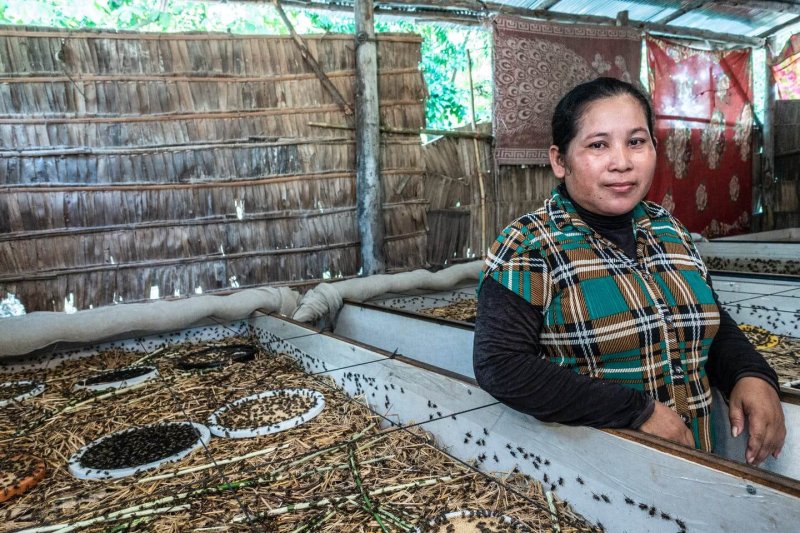Interest in insect farming is booming. Insects have been heralded as a sustainable alternative to traditional animal agriculture, with a litany of articles touting the environmental benefits of insect protein.
…
Lost in all the hype is an uncomfortable question: do we want to encourage a food system that farms animals by the trillion?
By number of animals killed annually, the most farmed insects are crickets, mealworm beetle larvae and black soldier fly larvae. The most common slaughter methods on these farms include baking, boiling, freezing and shredding. In most jurisdictions, there are no welfare regulations that govern insect slaughter.
Farmed insects are not replacing other farmed animals; they are being fed to them. The emergence of insect farming thus reinforces another already inefficient supply chain.
Plant-based supply chains – including for plant-based meats – are generally much more sustainable than the animal-based supply chains to which insect farms are contributing. And humans can produce plant-based proteins without bringing into existence trillions of possibly sentient beings each year, all so that we can then confine them, kill them and eat them either directly or, more likely, indirectly, via other farmed animals.































